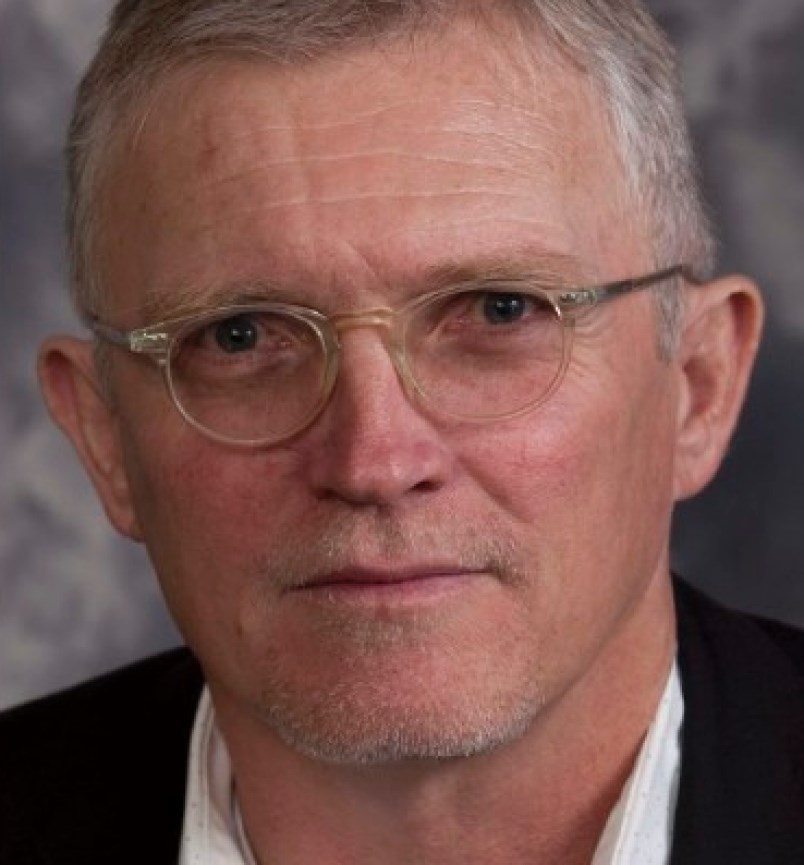One by one the faces pop up on the computer screen, stacked on top of each other in rows like the start of the old Brady Bunch TV show. Participants laugh and greet each other like the good friends they are — friends who haven’t seen each other for a while
This is not a business meeting, it’s a virtual 12-step meeting and it’s a lifesaver.
Dozens of these meetings are now operating locally — thousands worldwide — as the 12-step communities scramble like everyone else to find connection in this disconnected covid-19 reality.
Perhaps no one needs this type of face-to-face connection more than those trying to find a way out of the soul sickness that is addiction — a disease characterized by isolation, loneliness and shame. After all, if addiction is about loneliness, isolation and shame, then recovery is all about connection, community and acceptance.
That can be hard to find when we’re under health directives not to gather.
In normal times, there are more than 100 12-step meetings a week in operation in Greater Victoria. People can start their day with one at 7 a.m., grab another at noon, and yet another in the evening.
While that would be overkill for most, many people in long-term recovery speak of doing just that when they first sobered up — a time when staying sober wasn’t so much “one day at a time” as it was “one minute at a time” and making it from one meeting to the next without a drink was a major achievement.
As sober time passes, most people settle into anywhere from one to three or four meetings a week.
To the non-alcoholic or non-addict (often referred as “normies” by those in recovery), 12-step meetings are widely misunderstood. “Do you still have to go to those meetings?” is not an unusual question to be fielded by a 12-stepper and the stereotype of a bunch of old guys meeting in a smoke-filled church basement moaning about how badly they want a drink still persists.
“Do you still have to go to church?” is not an uncommon reply.
TV characterizations of meetings are better these days as addicts/alcoholics have hit their stride as characters on modern TV dramas. (We’re hip.) But it’s rare for a dramatization to accurately portray a 12-step meeting.
While tears are not uncommon in meetings, there’s more laughter than you would expect. (A non-alcoholic might be shocked to hear someone tell a tale of waking up from a blackout, surrounded by police in a foreign country, but you’d be surprised by how many people can relate.)
Only time will tell whether the virus will forever change the hugs and handshakes, up until now ubiquitous in 12-step meetings.
It has long been my belief that 12-step programs are not as much about quitting the booze or the drugs as they are about learning how to live without them.
Addicts use drugs and alcohol because they don’t like what they are feeling and they want those feelings to go away. It doesn’t matter if you’re an airline pilot or a bus driver, if you feel like a loser you can relate to someone else who feels like a loser. Often relating your experience of how you’ve managed to sometimes turn that around can help another cope.
If you’re alone, the darkness often gets worse. Just to see the familiar faces of recovery friends — even on a tablet, phone or computer screen — helps make the unbearable tolerable, just one day at a time.
Bill Cleverley is a former sa���ʴ�ý reporter. He has been clean and sober since October 2002.



